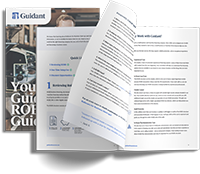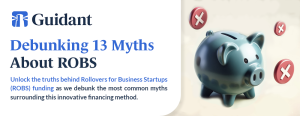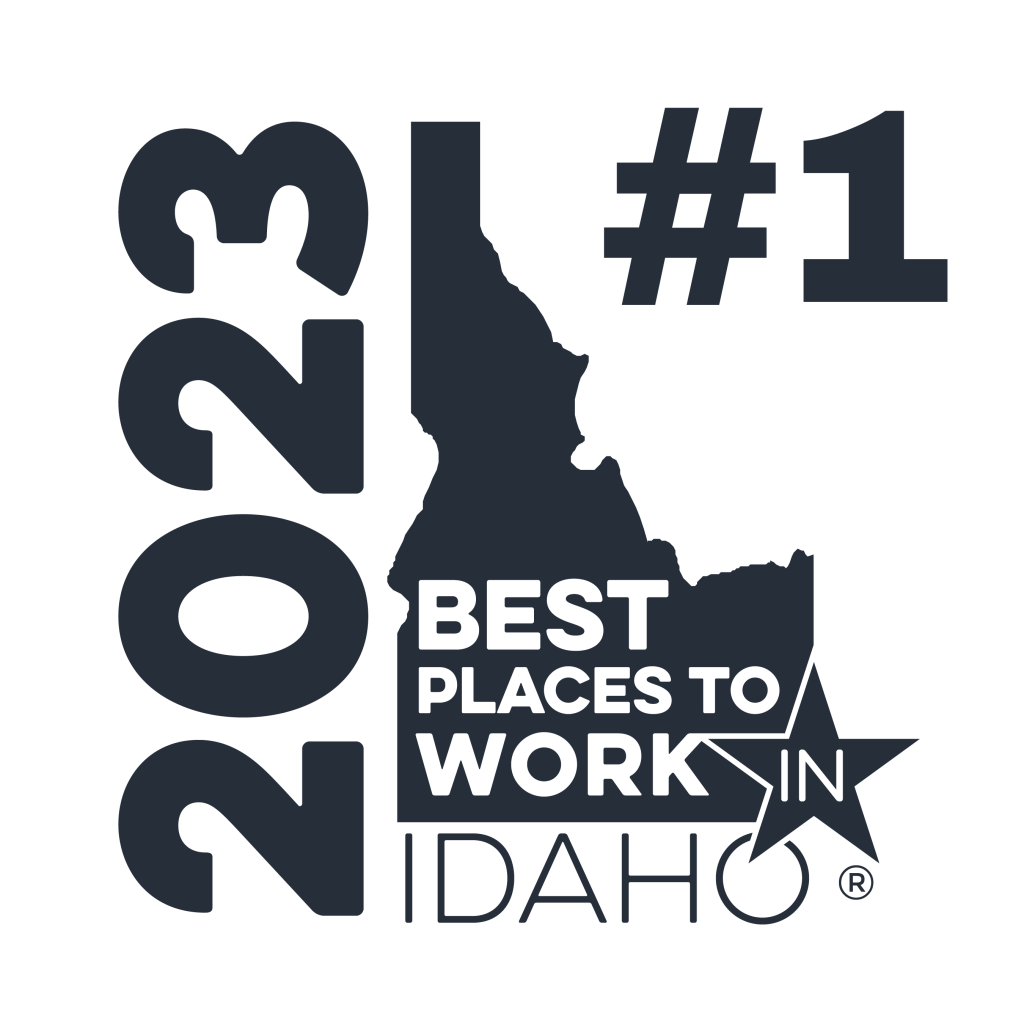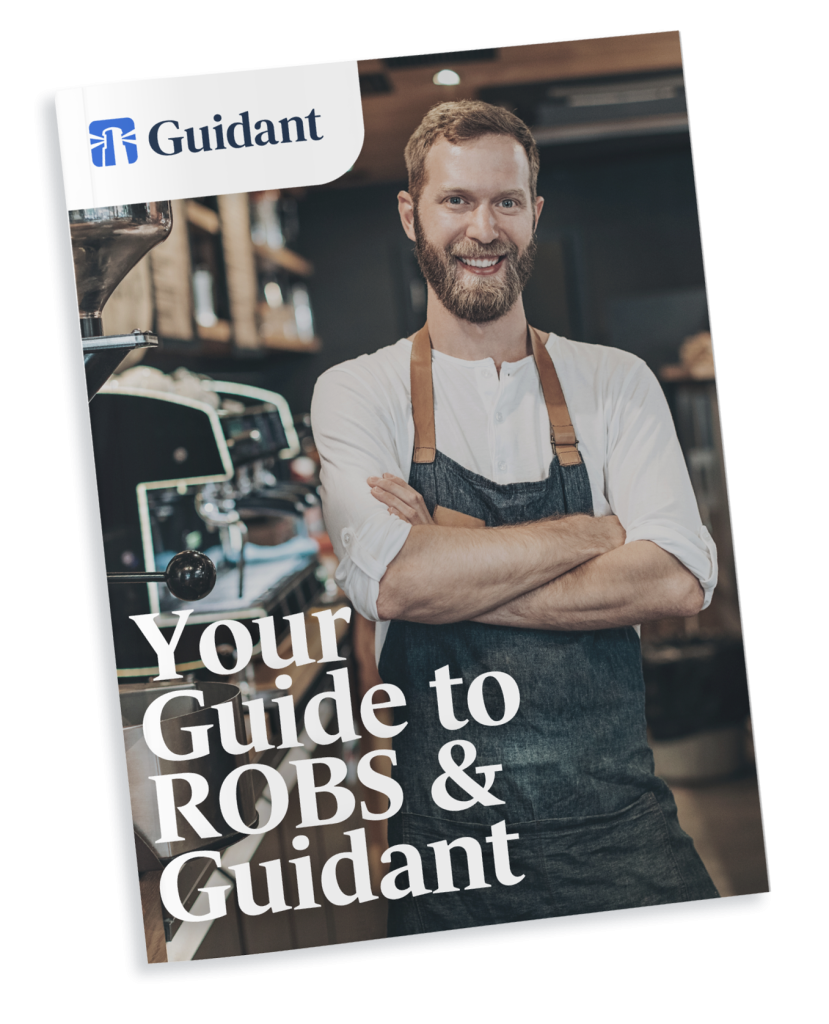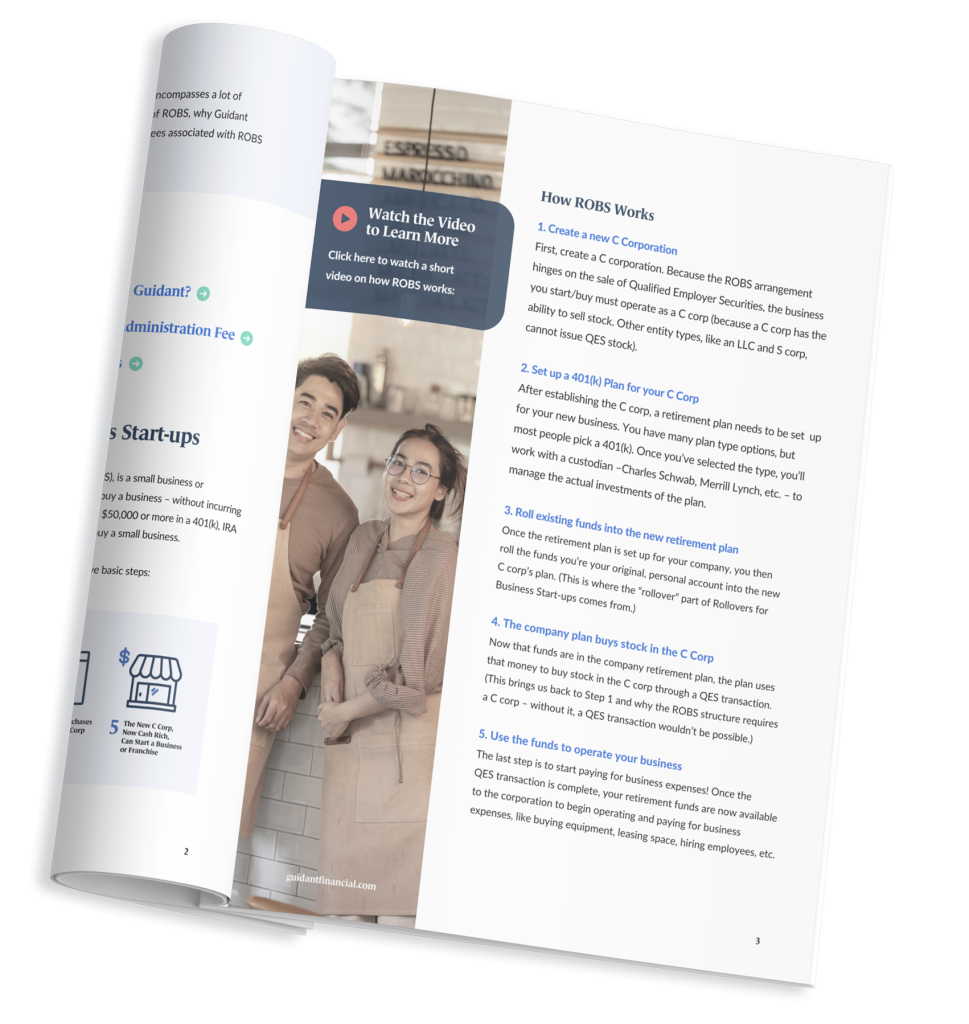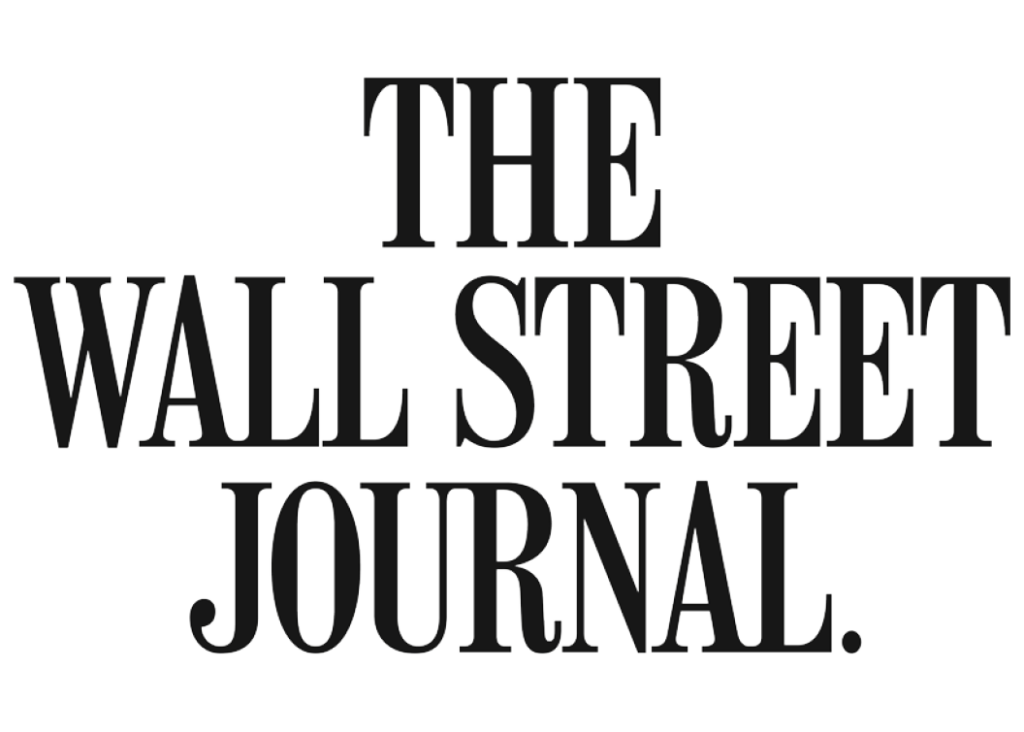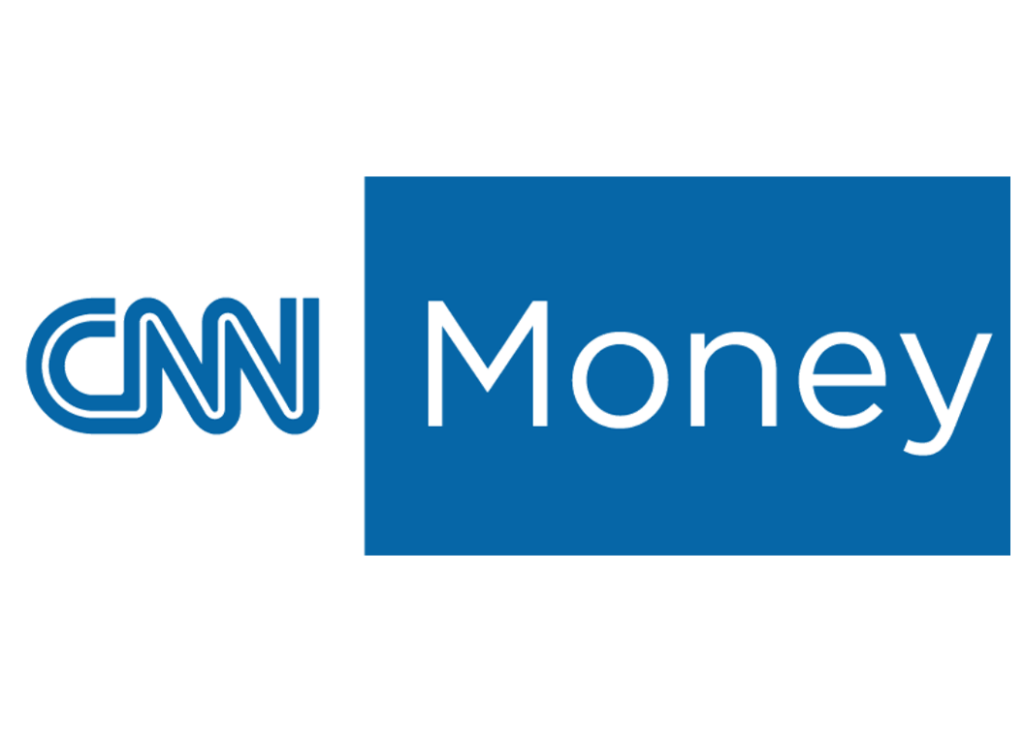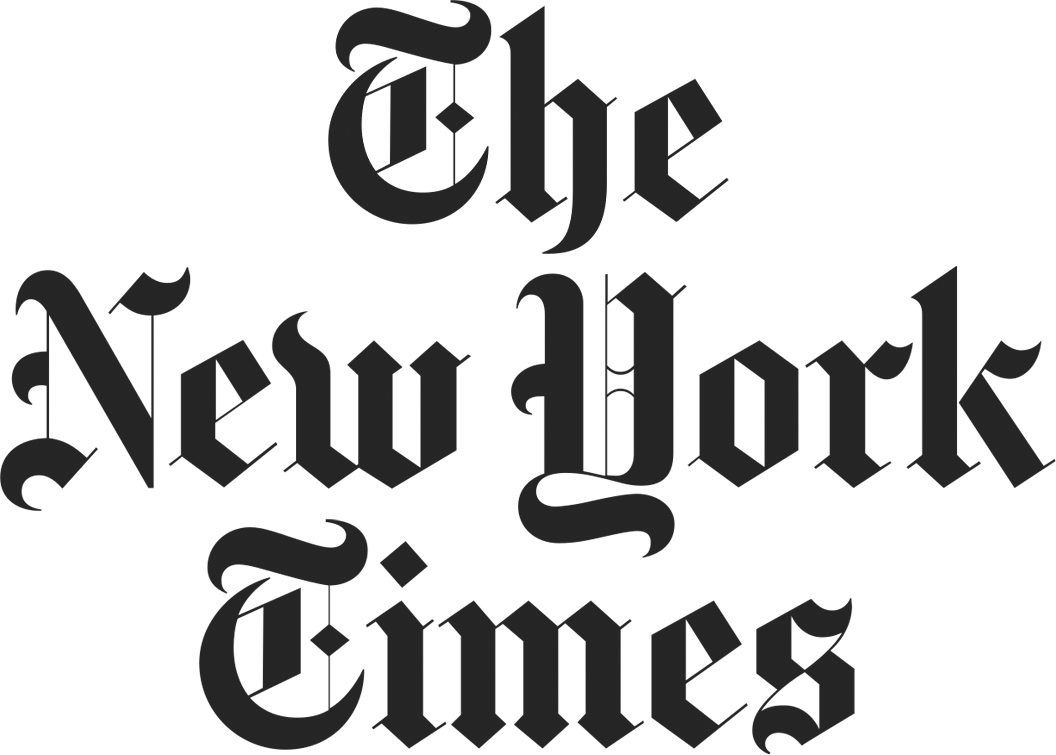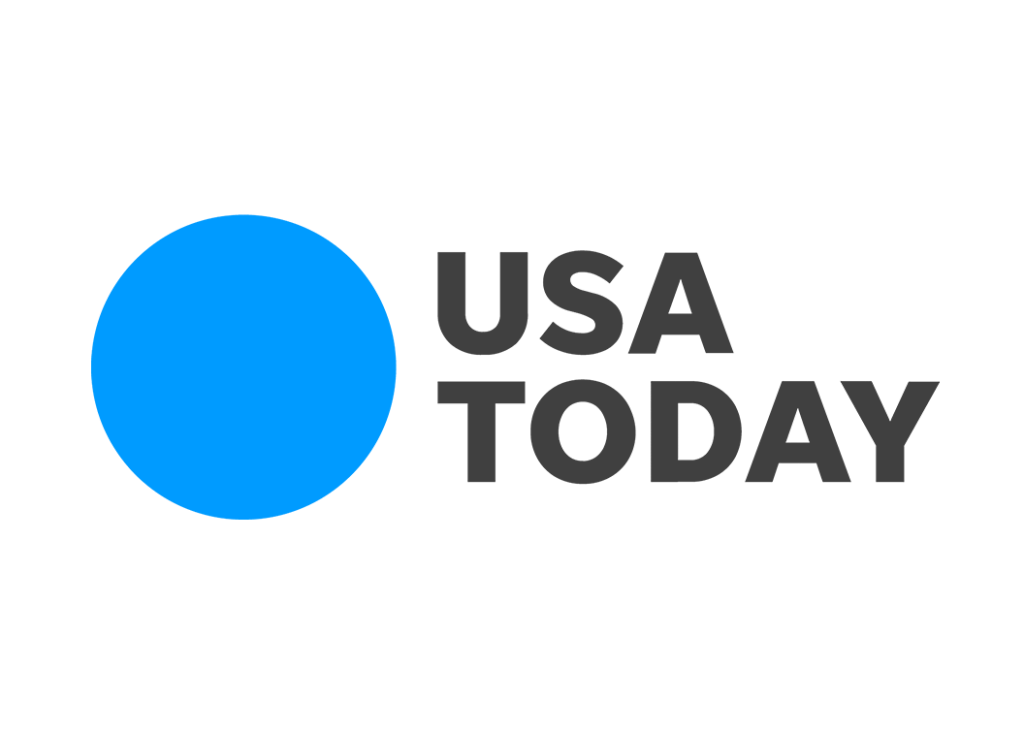Rollovers as Business Startups (ROBS) is an innovative method of financing a business that allows you to access money in your eligible retirement account. You can use that money penalty-free to buy a business, to use as a down payment on a larger business loan, or to use as a recapitalization for a business. It’s perfect if you want to become a business owner without using your personal savings or if you lack a competitive credit score.
But not all retirement accounts are ‘eligible.’ So which retirement plans work with ROBS?
Which Retirement Plans Are Eligible for ROBS Funding?
To use ROBS, you need funds in a qualified retirement plan as defined by the Internal Revenue Service (IRS). This is because retirement assets can only be safely “rolled”— moved to another investment or position — if they are considered qualified.
While 401(k)s and IRAs are the most common retirement plans in the United States (and are often used as shorthand for all retirement plans), many other types of retirement plans exist. Most of them are eligible to be used in ROBS funding.
Retirement money is usually subject to taxes and early withdrawal penalties if funds are taken out before you are 59 ½ years old. However, a ROBS arrangement allows you to move your eligible retirement savings into one or more business ventures without incurring taxes or penalties (no matter your age!).
What Retirement Plans Work for ROBS 401(k) Business Financing
Here are the plans prospective business owners can use for Rollovers as Business Startups funding:
1. 401(k) Plans
A 401(k) plan is a common type of defined contribution plan in which employees contribute a portion of their pre-tax salary to their 401(k) account(s). Participants in many 401(k) plans also receive a match from their company, meaning that their employer will match a percentage of what the employee contributes, up to 100%. Money in your 401(k) plan can be used in ROBS funding as long as you are vested. This means that you have the right to a future payout from the plan. Employees are always vested in their own contributions. Matching contributions from your employer are often subject to a vesting schedule. Vesting can be immediate or take place over a period of years, depending on the schedule the company has adopted. 401(k) plans from a previous employer are also eligible!
2. Traditional IRAs
While a 401(k) plan must be established by an employer, a traditional IRA is established individually. Your contributions to a traditional IRA are tax-deductible and both your contributions and any investment gains grow tax-free until you withdraw your traditional IRA funds. A self-directed IRA also qualifies!
3. Savings Incentive Match Plan for Employees (SIMPLE) IRA Plans
Eligible employees can use these funds for ROBS funding as long as it has been two years since the first contribution went into the account. If it has been less than two years, the funds aren’t rollable until the two-year period is up. A SIMPLE IRA retirement plan is used by small business startups that may not have another retirement plan.
4. Simplified Employee Pension Plan (SEP) IRAs
SEP IRAs are an excellent option for large or small businesses so employees can contribute to IRAs. A self-employed person can also set up a SEP-IRA. If you have a SEP-IRA, those funds can be used in ROBS financing.
5. 457(b) Retirement Plans
457(b) plans are often used for state and local government employees, or for employees of some 501(c) tax-exempt organizations. Governmental 457(b) funds are eligible to be used with ROBS funding.
6. 403(b) Retirement Plans
403(b) retirement plans may be offered to employees of public schools, some nonprofits, and churches. Retirement funds in 403(b) accounts can be used for ROBS funding.
7. Keogh Plans
A Keogh plan is a tax-deferred pension plan available to self-employed or unincorporated businesses. Keogh plan funds are eligible to be used in ROBS funding.
8. Thrift Savings Plans (TSPs)
A TSP is a defined contribution plan for employees of U.S. government departments and agencies that is eligible to be used in ROBS funding.
9. Roth 401(k), 403(b), or 457(b) Plans
These accounts are far less common but are still eligible for ROBS. They are held in separate accounts from traditional 401(k), 403(b), or 457(b) accounts.
10. Other Qualified Retirement Plans.
Other types of qualified retirement plans can also be used with ROBS. The first qualified plan is a profit-sharing plan. If your employer has a profit-sharing plan and you are vested in your account, you can use the funds with ROBS. The second is a defined benefit plan, such as a traditional pension or money-purchase pension plan. These provide employees with a fixed amount when they retire, which is either a periodic payment or a lump sum. If you are vested in your defined benefit plan, the money can be used in ROBS funding.
What Retirement Plans Don’t Work With ROBS?
Roth IRAs
To use your retirement funds in a ROBS strategy, you must be able to roll the funds into a 401(k) plan. Roth IRA accounts cannot be rolled into a 401(k) plan according to IRS guidelines. You will have to consider using personal funds or alternative forms of funding to fund your business.
The First Step to Secure ROBS Funding
If you have a qualified retirement plan and have decided to pursue ROBS funding, the first thing you should do is choose a ROBS provider. The ROBS arrangement is a complex transaction. You will need an experienced provider to ensure you remain compliant with IRS and Department of Labor law while setting up your new business property. This will help you avoid tax penalties.
It’s also possible that other financing options are available to you, depending on your type of business, business entity (such as LLC or sole proprietorship), stock market assets, and individual retirement plan. An experienced ROBS provider like Guidant Financial will be able to guide you through the process.
How does the ROBS Transaction Work?
In short, Guidant creates a new business entity for you in the form of a C corp. We then set up a 401(k) checking account for that company. Your original retirement assets are rolled from your original 401(k) into the new 401(k) checking account. The new 401(k) plan rollover fund then purchases company stock in your new C corp. That stock purchase is what frees up the funds to use for your new business. This is the basic process of all ROBS plans. Once this is complete, the structure is subject to certain annual requirements.

